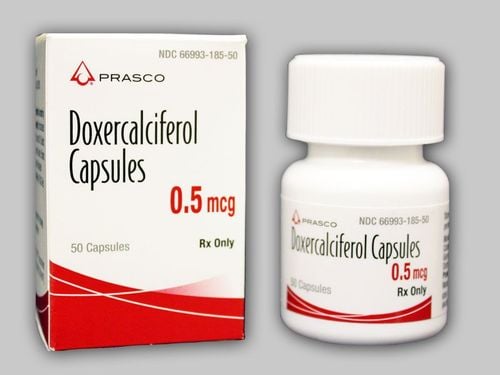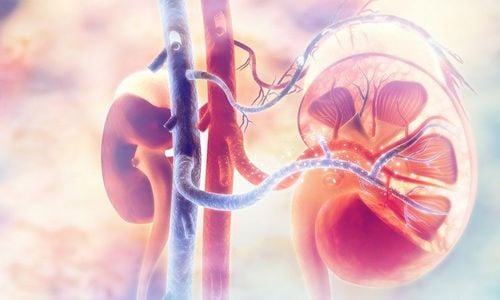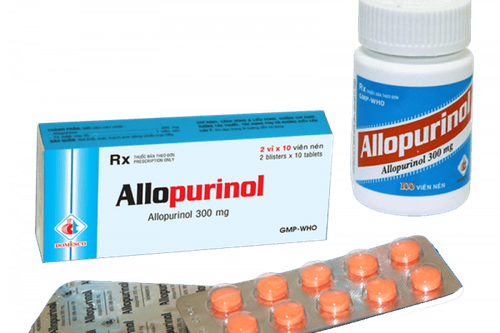This is an automatically translated article.
Article written by MSc Nguyen Thi Thanh Thuy, Endocrinologist - Dialysis - Kidney Transplant, Vinmec Central Park International General Hospital.
Diabetic nephropathy is a decline in kidney function that occurs in some patients with diabetes. This means your kidneys are not able to work as well as they should, including getting rid of the body's metabolic products and excess water. These waste products build up in your blood and cause damage to other organs.
1. What is the cause of the disease?
The causes of diabetic nephropathy are complex and involve many factors. Experts think changes in blood flow to and in the glomeruli (the kidney's filtering unit) may play a key role.2. Are some people more prone to diabetic nephropathy than others?
Right. There are several risk factors that make you more likely to develop diabetic nephropathy: high blood pressure, poor blood sugar control, genetic predisposition, and diet.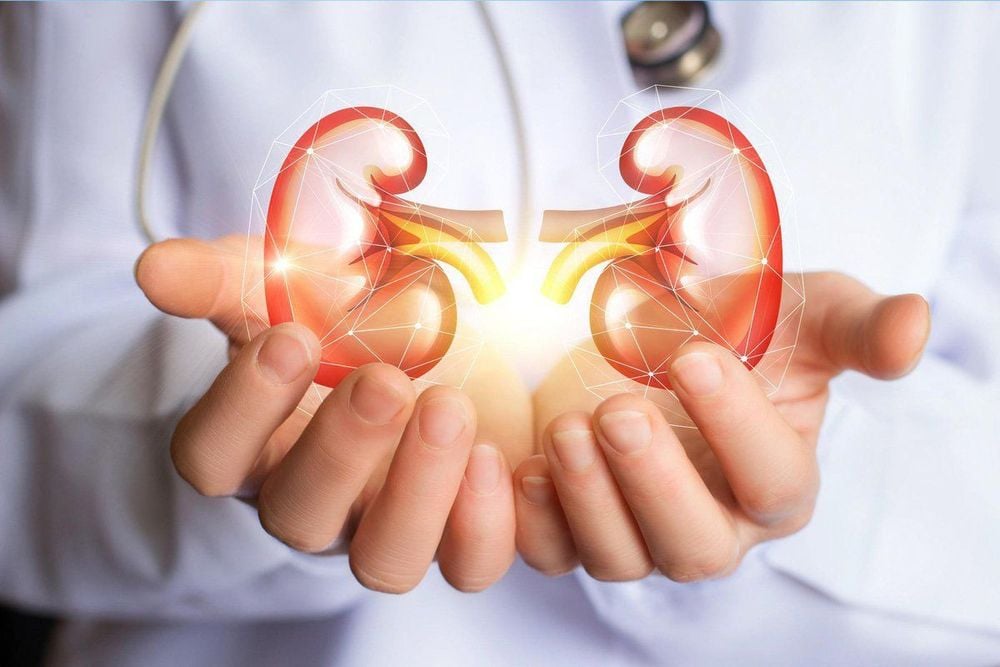
Có nhiều yếu tố làm tăng nguy cơ mắc bệnh thận đái tháo đường
3. I have diabetes. How do I know if my kidneys have been affected?
In the early stages of the disease, the patient usually has no symptoms. When kidney function has decreased significantly, metabolic wastes of the body stagnate in the blood, patients often experience stomach discomfort, nausea, vomiting, loss of appetite, hiccups and weight gain due to fluid retention. Without treatment, the patient can develop heart failure and fluid retention in the lungs, making it difficult to breathe.4. What tests should I do if I have kidney disease?
Diagnosis is based on urinalysis, which shows abnormally elevated protein levels. In addition, blood tests to be done include measuring the amount of urea and creatinine in the blood. These two indices do not usually increase in the early stages of the disease, until kidney function is greatly impaired. Other tests are more sensitive such as: creatinine clearance, glomerular filtration rate (GFR) and urine albumin. In patients with type 1 diabetes, the early diagnosis of kidney disease is based on measuring the amount of albumin in the urine (microalbuminuria). Special methods are needed to measure this small amount of albumin. When a patient has urine with a large amount of albumin (protein) sufficient to be detected on routine urinalysis, the patient is said to have clinical diabetic nephropathy.
Chẩn đoán bệnh thận đái tháo đường chủ yếu dựa trên xét nghiệm nước tiểu
5. How long does it take for the kidneys to be affected by diabetes?
Most patients with type I diabetes have evidence of altered renal function within 2 to 5 years of diagnosis. About 30-40% progress to severe renal failure, usually within 10-30 years. The timing of type 2 diabetes is unknown, but experts think it's similar to type I, unless it occurs at a very old age.6. What can I do to prevent kidney disease?
Evidence suggests that good blood sugar control helps prevent diabetic kidney disease. Patients need to follow the medication regimen prescribed by the doctor and the diet to control their blood sugar levels well.7. If my kidneys are already affected, what can I do to keep them from getting worse?
You can slow or prevent kidney disease from getting worse. Because high blood pressure is a risk factor for worsening kidney disease in people with diabetes, it's important to take your blood pressure medication correctly to keep blood pressure levels healthy for your kidneys. Your doctor also advises you on a low-protein diet, which helps your kidneys not work too hard. You also need to adhere to the correct regimen of taking prescribed medications.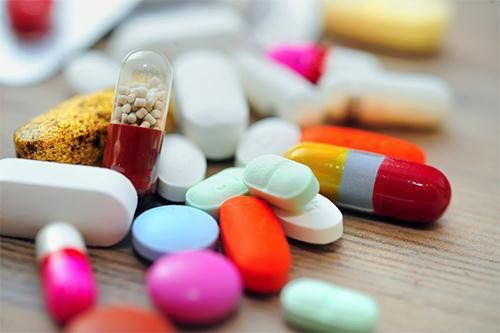
Sử dụng thuốc hạ áp đúng cách sẽ giúp bệnh không tiến triển nặng hơn
8. Are there new treatments that may help my condition?
Methodical. Many studies show that a class of antihypertensive drugs called ACE inhibitors can help prevent or delay the progression of severe diabetic kidney disease. These medications help stabilize your blood pressure, and also lower the pressure inside the kidney's glomeruli (the kidney's filtering part). They also showed their beneficial effects were not related to changes in blood pressure levels. Patients taking this drug also help reduce the amount of protein (protein) in the urine. You can ask your doctor about this class of drugs if they can help your condition.9. How many patients with diabetic nephropathy have complete kidney failure?
About 30% of patients with type 1 diabetes and about 10 to 40% of patients with type 2 diabetes have end-stage diabetic nephropathy, requiring treatment to maintain life. In specific populations, such as African-Americans, European-Americans, and Indian-Americans, there is a greater risk of developing diabetic kidney failure than white Americans.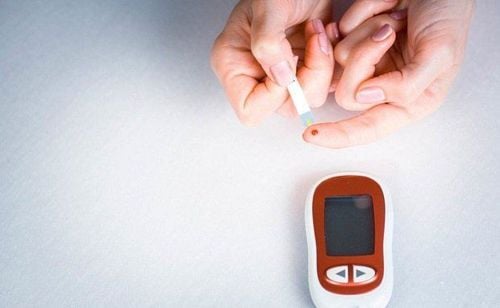
Mỗi nhóm dân số có nguy cơ bị suy thận do đái tháo đường khác nhau
10. If my kidneys fail, what can I do?
If your kidneys are severely impaired, you may be prescribed dialysis or a candidate for a kidney transplant. There are currently two methods of dialysis – hemodialysis and peritoneal dialysis. Your doctor will discuss these methods with you and make the right choice for the patient. The decision that's best for you will be based on your medical condition, life circumstances, and individual patient preferences.At Vinmec International General Hospital, we always deploy a screening package for diabetes and dyslipidemia to help detect pre-diabetes early, accurately classify diabetes type, develop a nutritional regimen, monitoring to minimize the risk and complications caused by diabetes.
If you have a need for consultation and examination at Vinmec Hospitals under the nationwide health system, please book an appointment on the website for service.
Please dial HOTLINE for more information or register for an appointment HERE. Download MyVinmec app to make appointments faster and to manage your bookings easily.






